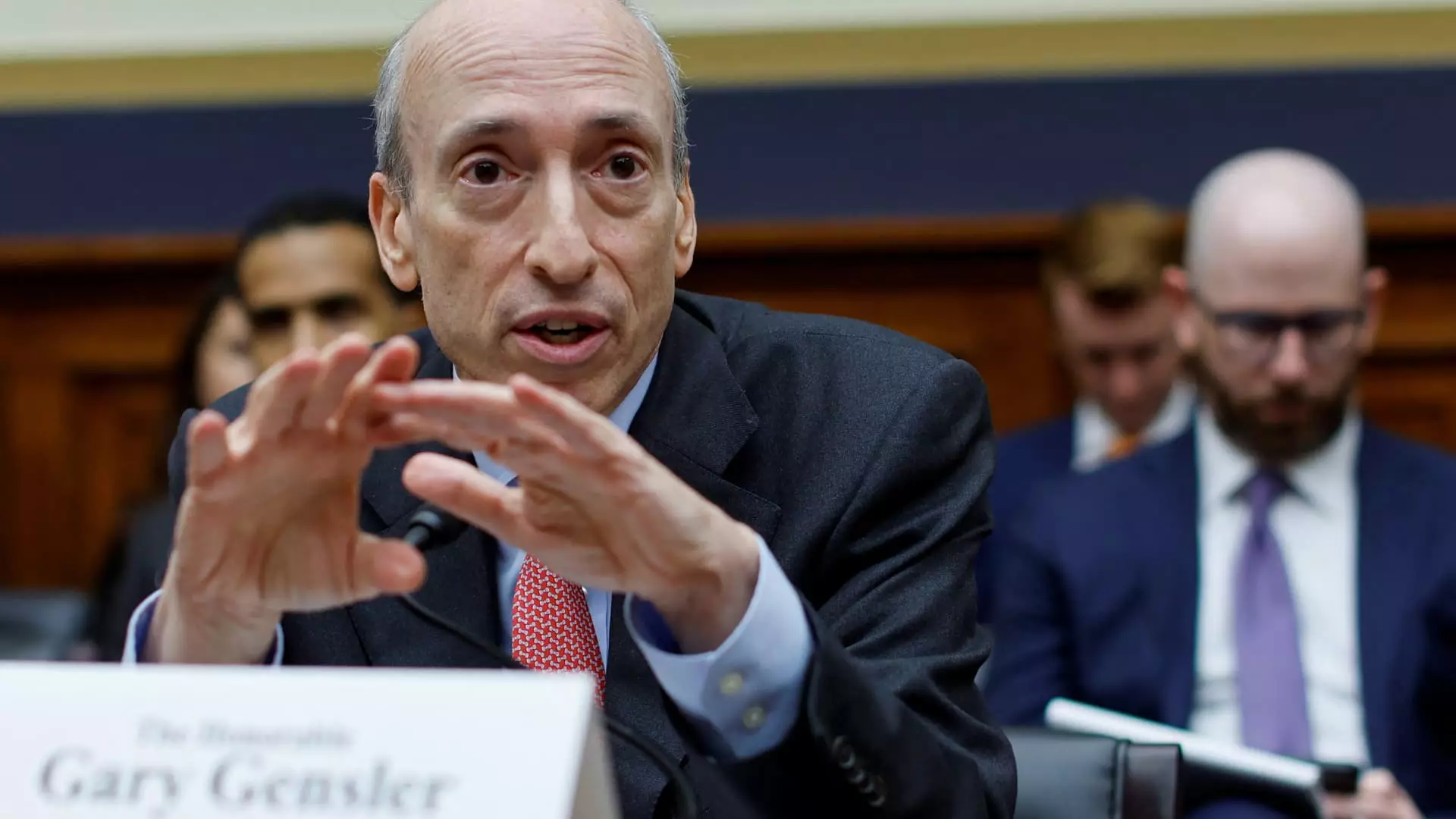In a rather poignant address at the Practising Law Institute’s 56th annual conference, SEC Chairman Gary Gensler offered a retrospective on his tenure, which began in April 2021. While he stopped short of announcing his resignation, his words had an unmistakable farewell quality. Gensler expressed profound respect for the agency, and his pride in contributing to the effectiveness of the U.S. capital markets was palpable. His sentiment encapsulated the enduring mission of the SEC to uphold transparency and protect investors, suggesting a deep commitment to the agency’s foundational values.
Gensler’s time at the SEC has been marked by a series of notable accomplishments, particularly in the sphere of disclosure rules. He highlighted recent regulations mandating transparency around data breaches, performance-linked executive compensation, and enhanced reporting for major stakeholders. These measures reflect a push for greater accountability and transparency in corporate governance. Nevertheless, the mention of the controversial climate change disclosure rule indicated a potential vulnerability in Gensler’s regulatory agenda, especially considering ongoing legal challenges. Gensler underscored the importance of disclosure by invoking the notion that “information about securities creates a public good,” reinforcing the SEC’s role as a guardian of market integrity.
In terms of market structure, Gensler has initiated meaningful reforms aimed at modernizing the financial landscape. He described the implementation of rules for central clearing of Treasury securities and the recently shortened stock settlement cycle, which now stands at one day. Such changes aim to enhance liquidity and efficiency in the markets. Furthermore, the decision to allow stocks to be quoted in increments of less than a penny symbolizes a significant shift towards fostering a more competitive trading environment, potentially benefiting investors with lower transaction costs.
Gensler made a compelling case for the SEC’s proactive stance on cryptocurrency, emphasizing that although Bitcoin is not classified as a security, the agency’s focus is directed towards the multitude of other digital assets navigating legal ambiguity. He reiterated the necessity for all securities offerings to undergo registration to ensure that market participants are adequately protected from risks. His comments on the crypto landscape were particularly striking, as he linked insufficient regulatory oversight with “significant investor harm,” warning of the speculative nature surrounding many cryptocurrencies that have yet to demonstrate sustainable value.
As Gensler concluded his speech, his recognition of the dedicated SEC staff underscored the agency’s overarching mission of safeguarding American investors. Despite the challenges posed by evolving financial technologies and market dynamics, Gensler’s leadership reflects a commitment to upholding the integrity of the financial system. His time at the SEC has been characterized by both innovation and controversy, suggesting that while the agency has made strides, significant hurdles remain to fortify investor protections in an increasingly complex financial world. The SEC stands at a crossroads, facing the dual challenges of adapting to change while remaining steadfast in its protective role.

